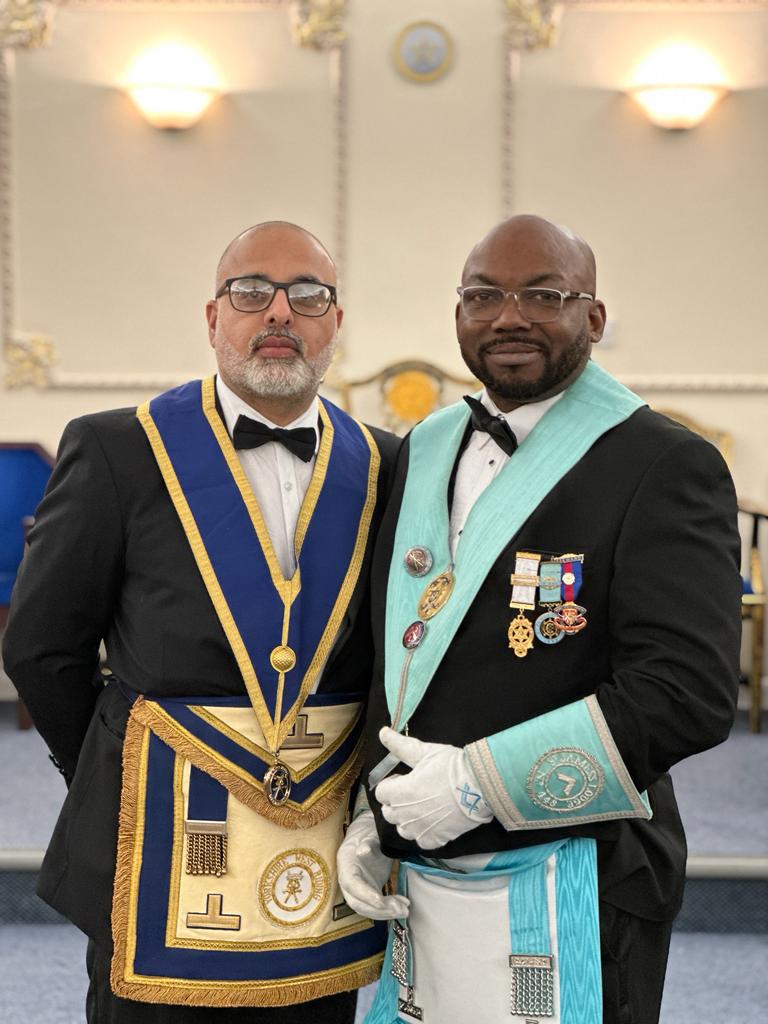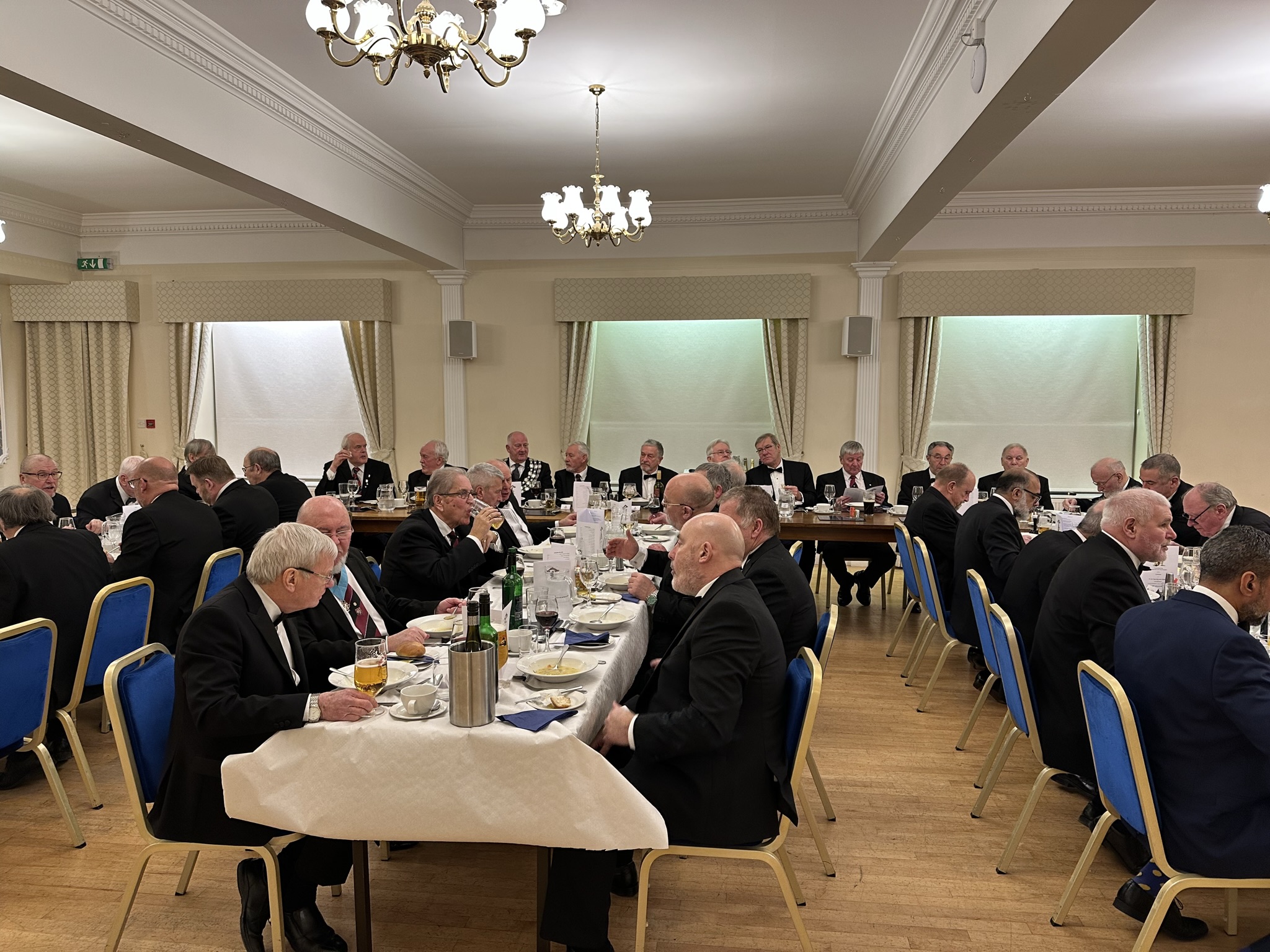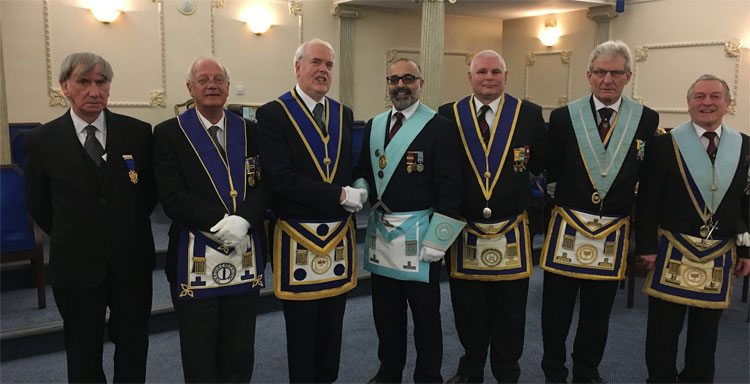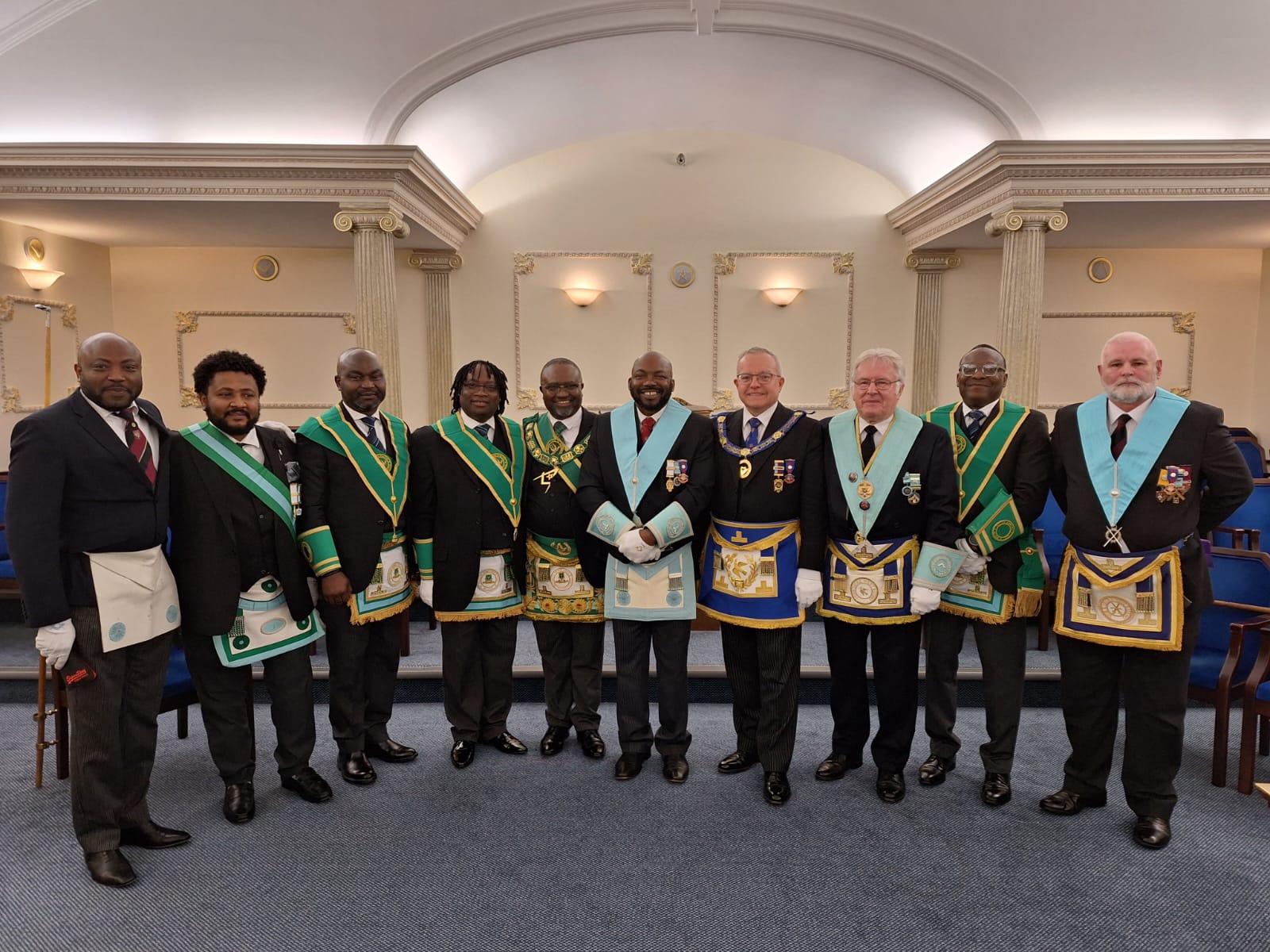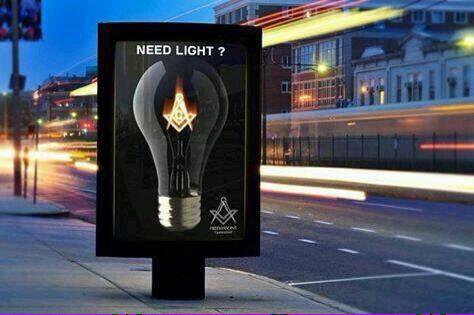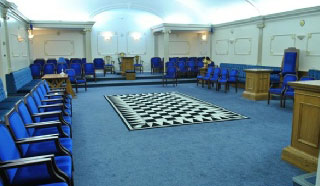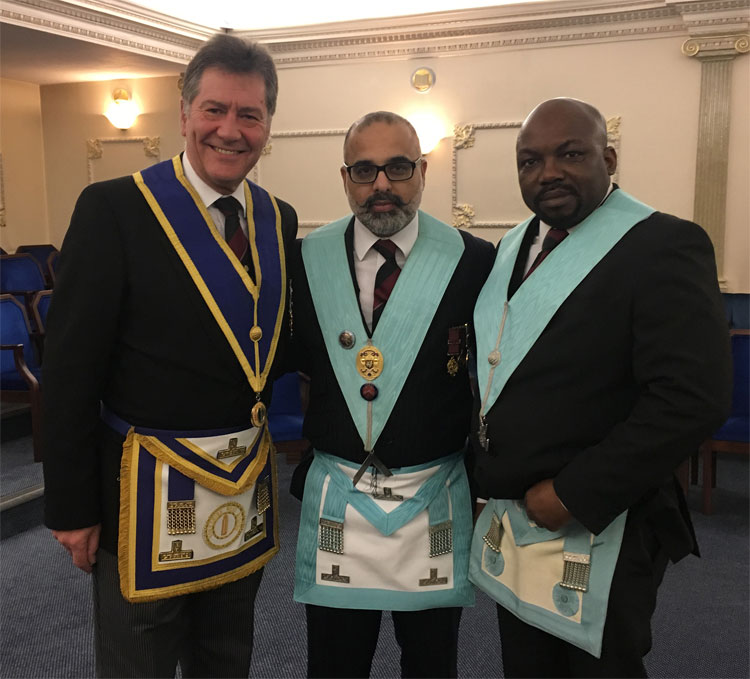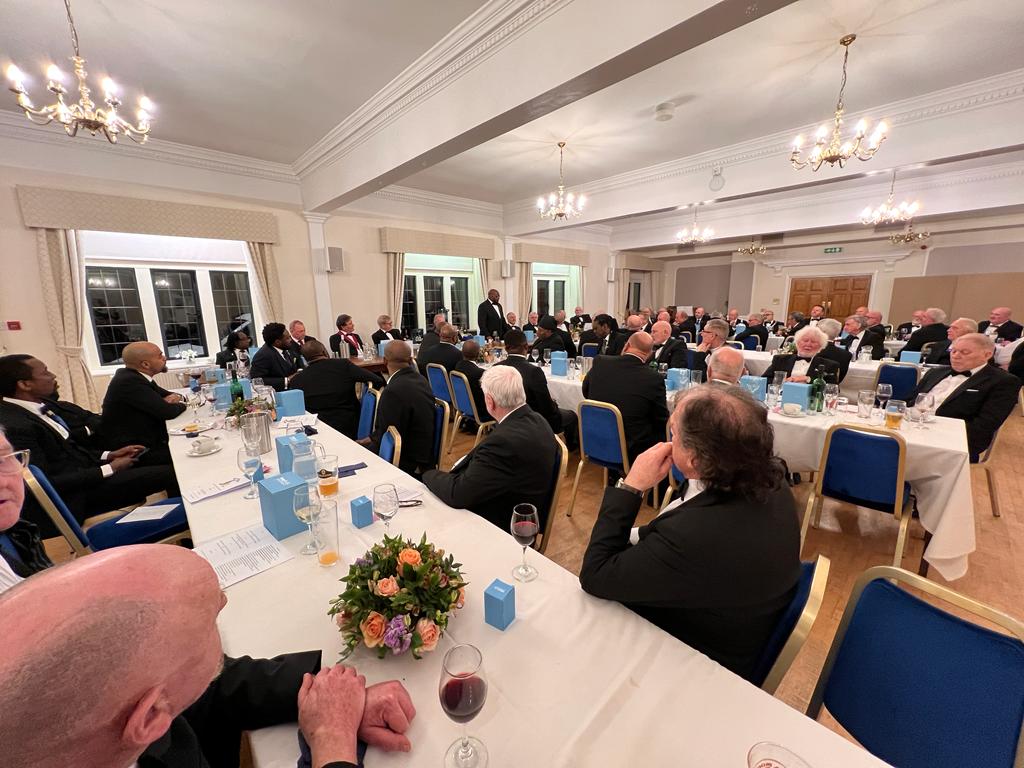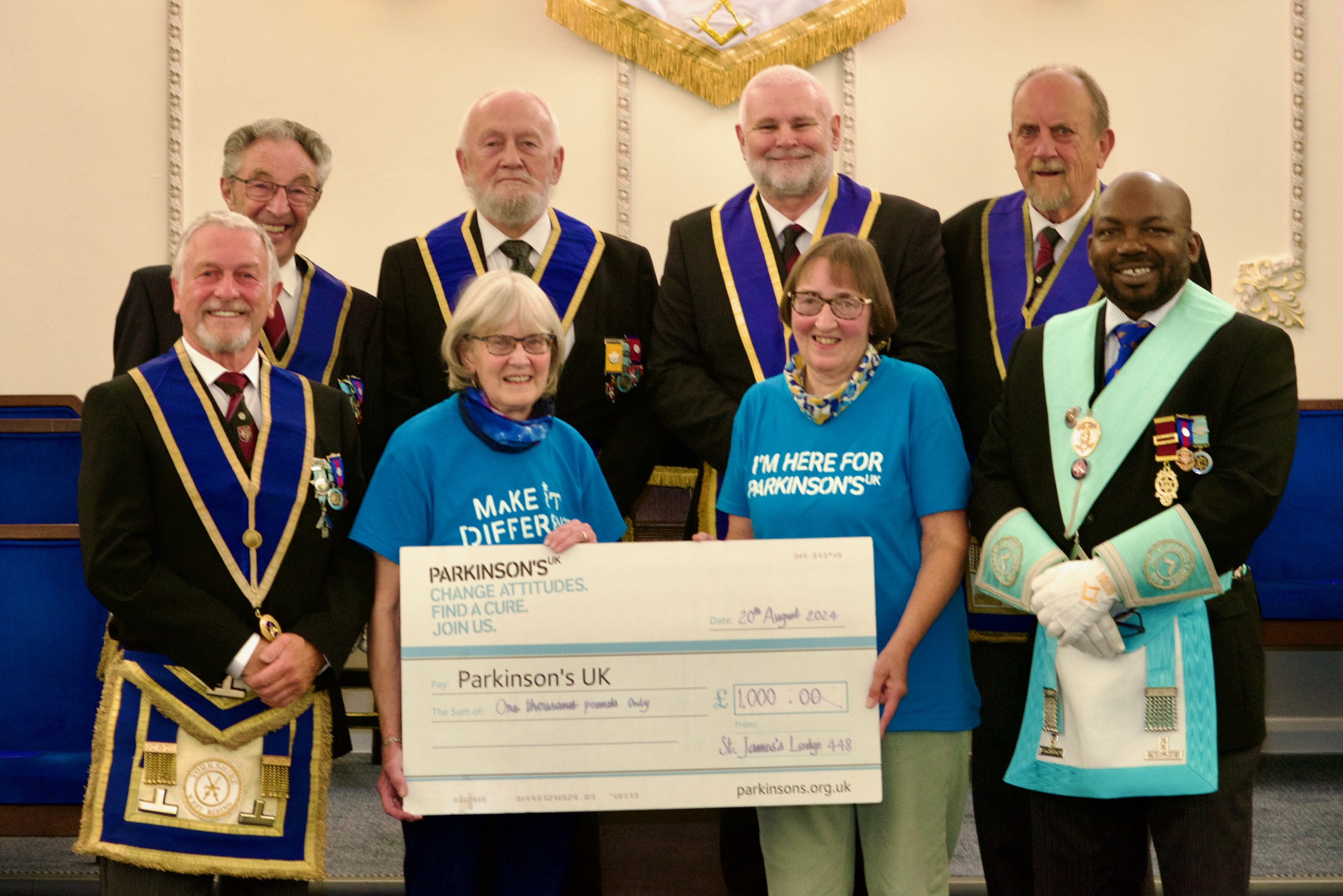Freemasonry seeks to recruit “just, upright and free men of mature age, sound judgment and strict morals.” Of these qualities two are very important, the age of 18 and being a man free from the attentions of the law, but there is an inescapable third requirement, a belief in God, the supreme being of the great religions of the world. Freemasonry is open to men of all religious persuasions and races and is thus established across the world.
In each of our Lodges moral lessons and self-knowledge are taught through a progression of allegorical rites which are learnt by heart and performed at all three of the ceremonies which introduce a new member.
Morality was identified by Plato as consisting of “prudence, temperance, fortitude and justice.” This approach to life reinforces
- thoughtfulness for others,
- kindness in the community,
- honesty in business and all other dealings,
- courtesy in society, and
- fairness in all things.
What are Lodges?
Lodges are the basic units of Freemasonry and consist of a Master and a range of Officers who carry out the work of the Lodge on behalf of the Brethren. Most Lodges meet formally on a monthly basis, but it is usual for members to gather informally weekly, to practice ritual and enjoy company over a drink or two.
Masonry in Practice
Masonry in the lodges is progressive, that is an initiate is in line of progression behind the previous initiate. He is expected to undertake the various offices of the lodge in strict order of rotation. Every year at a time stipulated in the lodge by-laws, installation of a new Master takes place, and the officers of the lodge are appointed by him, normally in this strict order. Thus an initiate proceeds to the chair of his lodge by annual stages of progression, which can take was little as 7 years in smaller lodges to over 20 years in larger ones. Following on from the chair after a number of years a mason may be appointed, according to his merit, to be an officer or past officer of Provincial Grand Lodge. Likewise to a deserving few, appointment as an officer of Grand Lodge is deemed a most especial honour. At these various landmarks in progress, regalia (aprons and collars) turn from light blue to become more elaborately decked with royal blue and gold, thus making meetings quite spectacularly colourful events. Aprons and gloves are symbolic of the origins of the craft.
Religion & Politics
Religion and Politics are not discussed among freemasons
The cost of Freemasonry
This varies from Lodge to Lodge, the main outgoings being the subscription, determined by the quality and facilities of the building, the cost of the meal at formal meetings and voluntary charitable contributions.
- Entry costs are about £115, payable only once.
- The Annual Subscription (2023) is £275
- Monthly Dining cost is usually about £20 to £21, depending on menu and whether waitress service is required.
- Annual Installation dinner usually about £28 depending on menu.
- Charity – discretionary. £25 annual for a new mason is realistic, but this may be expected to rise with progression, but always according to personal circumstances. Masons place their first priority with their family, second to their means to support it, and freemasonry third.
- Social events are charged individually according to cost.
The cost of new regalia is posted on web-sites, and initially need not be expensive. The Lodge carries a small stock of serviceable second-hand regalia if required.

